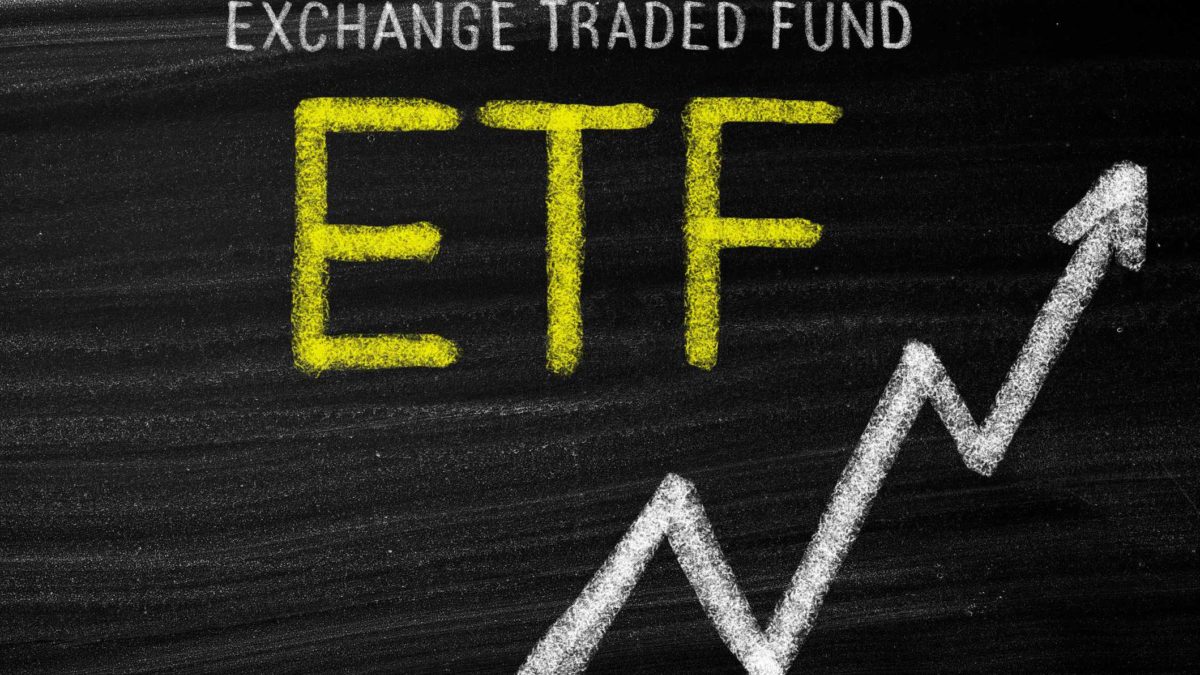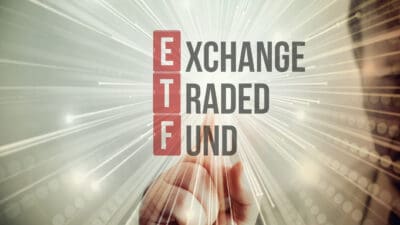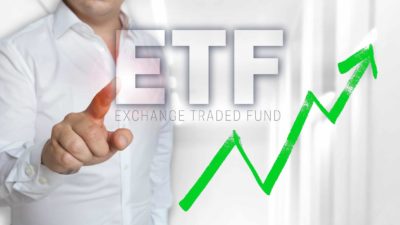The VanEck Vectors Morningstar Wide Moat ETF (ASX: MOAT) could be a really interesting exchange-traded fund (ETF) investment to think about.
There are a number of different reasons why this ETF could offer some good characteristics to investors.
Here are three reasons to consider it:
Quality
Morningstar analysts are the people responsible for deciding which businesses make it into the portfolio, hence why it's part of the ETF's name. Only businesses with a strong economic moat can make it into the portfolio.
Morningstar analysts assign an economic moat rating to each of the approximately 1,500 companies under its coverage.
An economic moat is a sustainable competitive advantage that allows a company to generate positive economic profits for owners over an extended period.
For a company to be assessed to have a wide economic moat, excess normalised returns must, with near certainty, be positive 10 years from now. In addition, excess normalised returns must, more likely than not, be positive 20 years from now.
The duration of forecast profit is far more important for Morningstar than the absolute magnitude.
Diversification
Whilst all of the businesses in this portfolio are listed in the US, they offer satisfactory levels of diversification.
It has a high allocation to growing sectors and a small weighting to slow-growth industries. At the end of April 2021, the weightings were: healthcare (20.4%), information technology (17%), industrials (15.2%), financials (12.9%), consumer staples (11%), communication services (7.2%), consumer discretionary (6.2%), materials (5%), energy (2.7%) and utilities (2.4%).
VanEck Vectors Morningstar Wide Moat ETF doesn't own hundreds of shares, but it has around 50 positions. This may provide a satisfactory level of diversification.
There isn't a lot of position concentration. The largest position in the portfolio is a 3.2% allocation to Wells Fargo. Other positions in the top 10 include: Cheniere Energy, Alphabet, Northrop Grumman, Philip Morris, Raytheon Technologies, General Dynamics, Berkshire Hathaway, Blackbaud and Altria.
Other positions further down the portfolio include Yum! Brands, Constellation brands, Lockheed Martin, Boeing, Kellogg, Pfizer, Intel, Amazon and Salesforce.com.
Outperformance in net return terms
Past performance is not an indicator of future returns, however the historical net returns of VanEck Vectors Morningstar Wide Moat ETF have been better than the S&P 500 over the shorter-term and the longer-term.
Over the six months to 30 April 2021, the ETF's total return was 25% compared to the S&P 500's return of 16.9%. Over the last five years the ETF has delivered an average return per annum of 18.6%, compared to the S&P 500's average return per annum of 16.5%.









